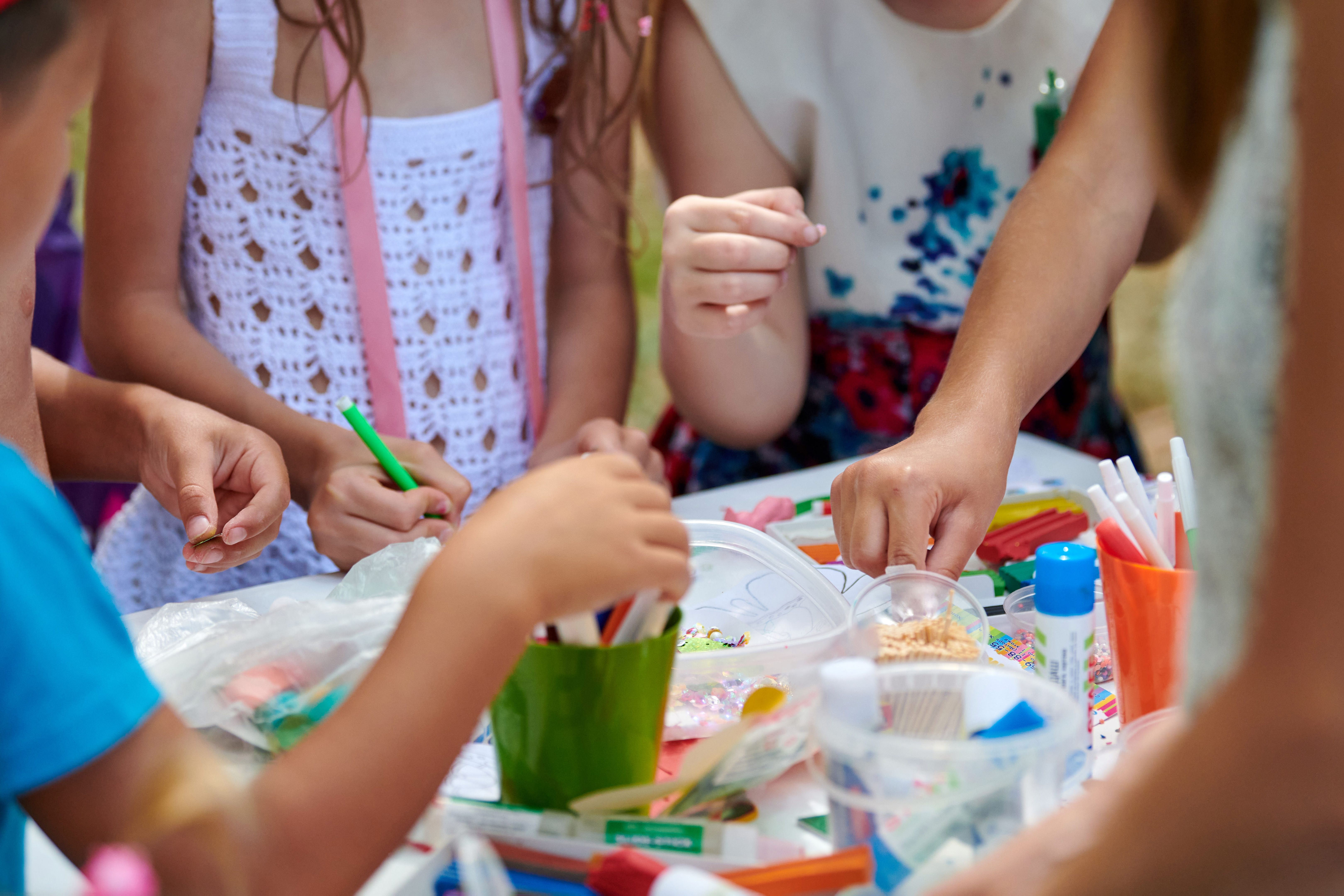Effective Strategies for Teaching Social Skills to Children
Understanding the Importance of Social Skills
Social skills are crucial for children as they navigate their way through the complexities of interpersonal relationships. These skills help in building self-esteem, fostering healthy relationships, and enhancing emotional intelligence. Teaching social skills to children is not only about ensuring they can make friends but also about equipping them with tools to succeed in various social settings.
The Role of Parents and Educators
Parents and educators play a vital role in developing a child's social skills. By providing a supportive environment, they can encourage children to practice and improve these skills. It's essential for adults to model positive social interactions, as children often learn by observing the behavior of those around them.

Strategies for Teaching Social Skills
Implementing effective strategies can make a significant difference in how children learn social skills. Here are some approaches that can be incorporated into daily routines:
Role-Playing Activities
Role-playing is a powerful tool in teaching social skills. By simulating real-life scenarios, children can explore different ways to interact and communicate. This method allows them to practice empathy, conflict resolution, and active listening. Encourage children to switch roles to understand different perspectives.

Structured Playtime
Structured playtime offers children the opportunity to engage in guided activities that promote teamwork and cooperation. Games that require taking turns, sharing, and collaborating can effectively enhance social skills. Educators and parents can facilitate these sessions to ensure every child participates and learns.
Using Visual Aids and Stories
Visual aids and stories are excellent resources for teaching social skills. Picture books and storyboards can illustrate complex social concepts in an accessible way for children. Stories that depict characters facing social challenges can lead to meaningful discussions about appropriate responses and behaviors.

Positive Reinforcement
Reinforcing positive behavior is key to encouraging children to continue practicing good social skills. Acknowledge and praise efforts when a child displays empathy, kindness, or cooperation. This positive reinforcement helps build their confidence and motivates them to engage positively with others.
Social Skills Groups
Creating small groups focused on social skills development can provide a safe space for children to practice and learn together. These groups can involve activities like group discussions, collaborative projects, or peer mentoring. The group setting allows children to receive feedback from their peers and develop a sense of community.

Integrating Technology
In today's digital age, technology can be an ally in teaching social skills. Educational apps and online platforms offer interactive activities designed to improve communication and empathy. However, it's important to balance screen time with face-to-face interactions to ensure comprehensive development.
By implementing these strategies, parents and educators can effectively teach social skills that will benefit children throughout their lives. With patience, consistency, and creativity, the journey to mastering social interactions can be both enjoyable and rewarding for everyone involved.
